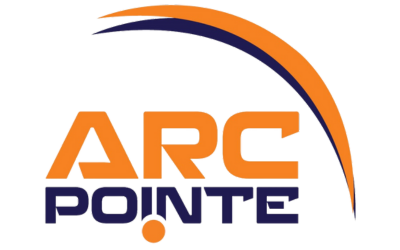
The Key Qualities of a Virtual Medical Assistant: Ensuring Excellence in Healthcare. A virtual medical assistant (VMA) is an indispensable part of any healthcare team, providing essential support to physicians and medical office staff. When considering integrating a VMA into your healthcare practice, it’s critical to focus on certain core qualities that define their effectiveness and efficiency. Below, we outline these qualities, which not only serve informational needs but also guide you in making a commercial decision if you’re considering hiring.
Exceptional Communication Skills
Effective communication is paramount for a virtual medical assistant. VMAs bridge the gap between doctors, patients, and other office staff, necessitating both excellent verbal and written communication abilities. They must proficiently manage communications, ensuring clarity and accuracy in conveying medical information. Whether it’s drafting clear emails, handling phone calls with professionalism, or responding aptly to patient queries, a VMA’s ability to communicate effectively underpins their success in this role.
Technological Proficiency
In today’s digital age, being comfortable with technology is non-negotiable for VMAs. They must be adept with various medical office tools, including email systems, cloud-based patient management software, and electronic health records. Furthermore, their capability to quickly adapt to new technological tools—essential for tasks such as medical billing, coding, and supporting telemedicine—is critical. This tech-savviness enhances the quality of a virtual medical assistant, making them a valuable asset to any medical practice.
Attention to Detail and Organizational Excellence
Organizational skills and a keen eye for detail are crucial. VMAs are responsible for maintaining precise and up-to-date patient records, managing schedules, and ensuring that all administrative aspects run smoothly. Their meticulous nature helps prevent errors in medical documentation, which is vital for patient care and regulatory compliance.
Medical Terminology Acumen
A profound understanding of medical terminology is essential. A quality VMA must quickly interpret medical jargon and possess a comprehensive vocabulary in medical terms, facilitating better communication and efficiency. Continual education, such as attending relevant training sessions or conferences, is important for maintaining and expanding their knowledge base.
Outstanding Interpersonal Skills
Beyond technical skills, a VMA should exhibit excellent interpersonal skills. They should be capable of effective listening and communicating, crucial for extracting detailed information about a patient’s condition. This enables the healthcare providers to deliver accurate and comprehensive care, based on the information relayed by the VMA.
Why Invest in a High-Quality Virtual Medical Assistant?
Investing in a high-quality virtual medical assistant not only enhances the operational efficiency of a healthcare practice but also significantly improves the quality of patient care. The right VMA can bring about transformative changes, from streamlining administrative workflows to boosting patient satisfaction through timely and effective communication.
For practices looking to hire, focusing on these qualities can guide you in selecting a virtual assistant who will add value to your team, uphold standards, and contribute positively to your healthcare services. If you’re considering this vital addition, understand that a quality VMA is more than just an administrative asset; they are a pivotal part of your healthcare delivery.
